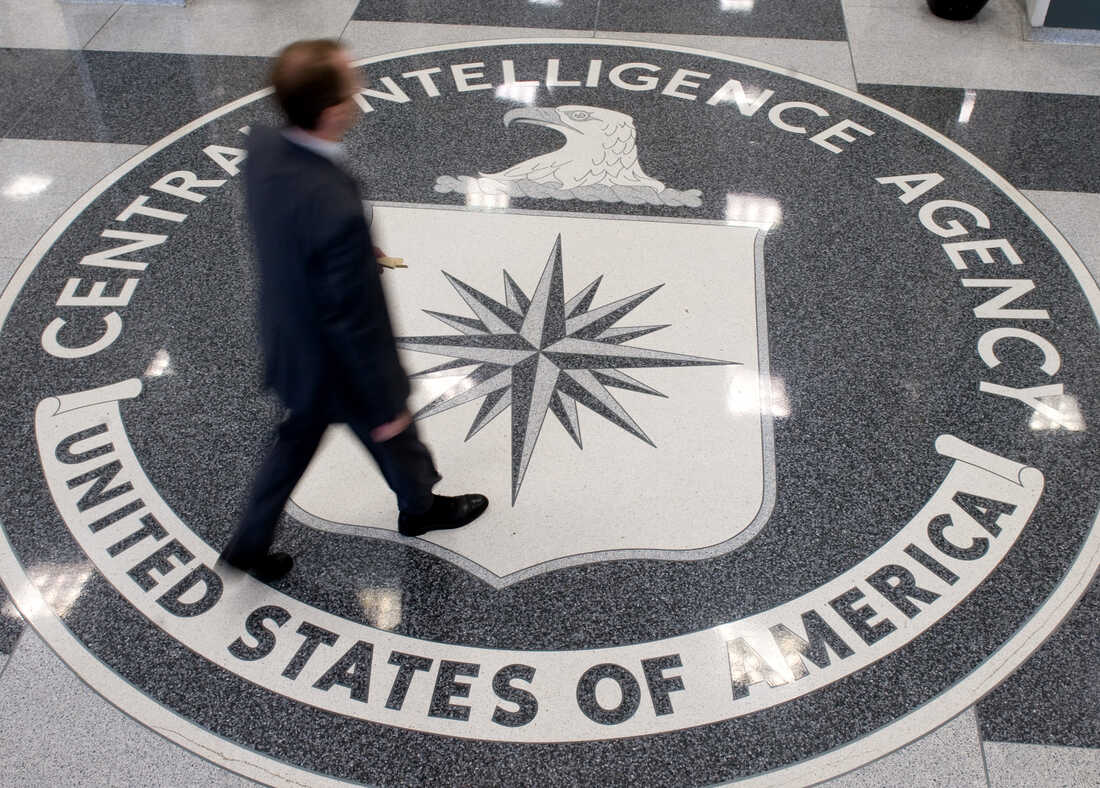
A man crosses the Central Intelligence Agency (CIA) seal in the lobby of CIA Headquarters in Langley, Virginia, on Aug. 14, 2008. Saul Loeb/AFP via Getty Images hide caption

A man crosses the Central Intelligence Agency (CIA) seal in the lobby of CIA Headquarters in Langley, Virginia, on Aug. 14, 2008.
Saul Loeb/AFP via Getty ImagesTrauma is an inherent part of intelligence work. Think of undercover operatives deployed in dangerous places or investigating gruesome crimes. But getting help to process that trauma can be difficult.
We speak with Heather Williams, a former U.S. intelligence officer, about her own experience with trauma and what she learned about how best to cope with it.
Email us at
This episode was produced by Connor Donevan, Karen Zamora and Kat Lonsdorf. It was edited by Justine Kenin and William Troop. Our executive producer is Sami Yenigun.

 Live Radio
Live Radio